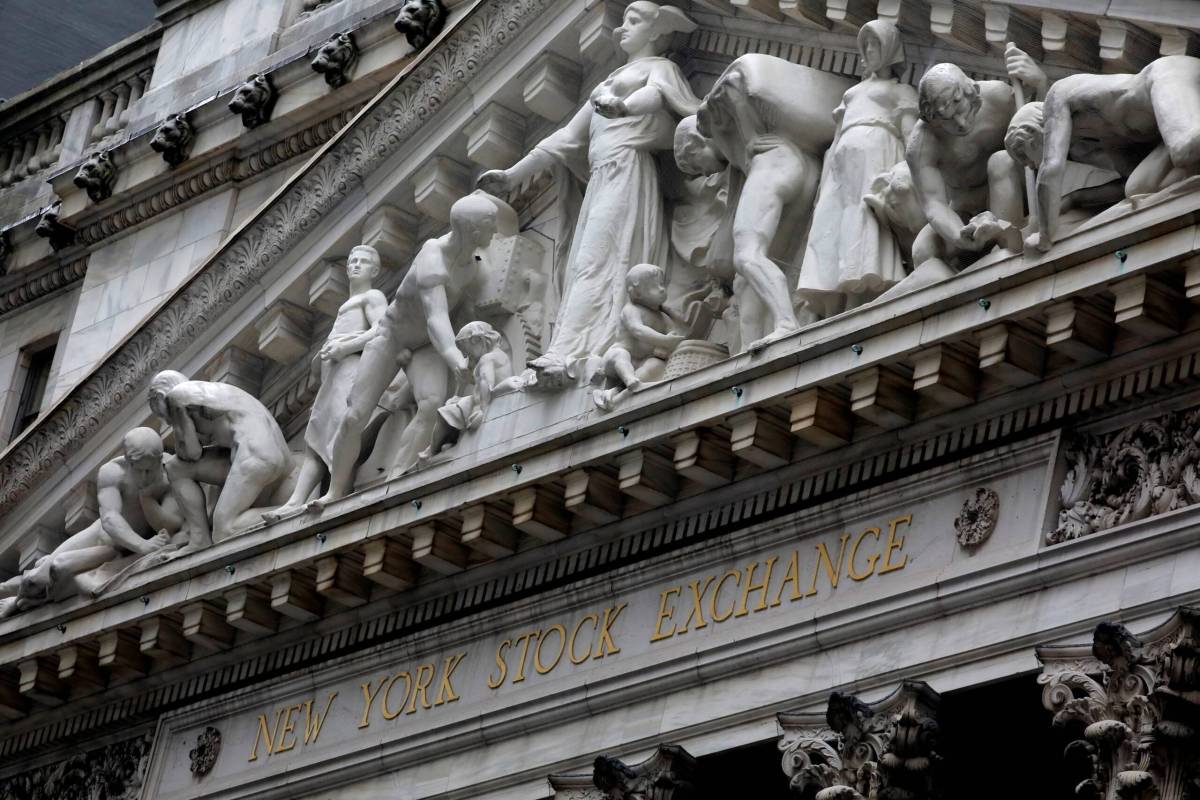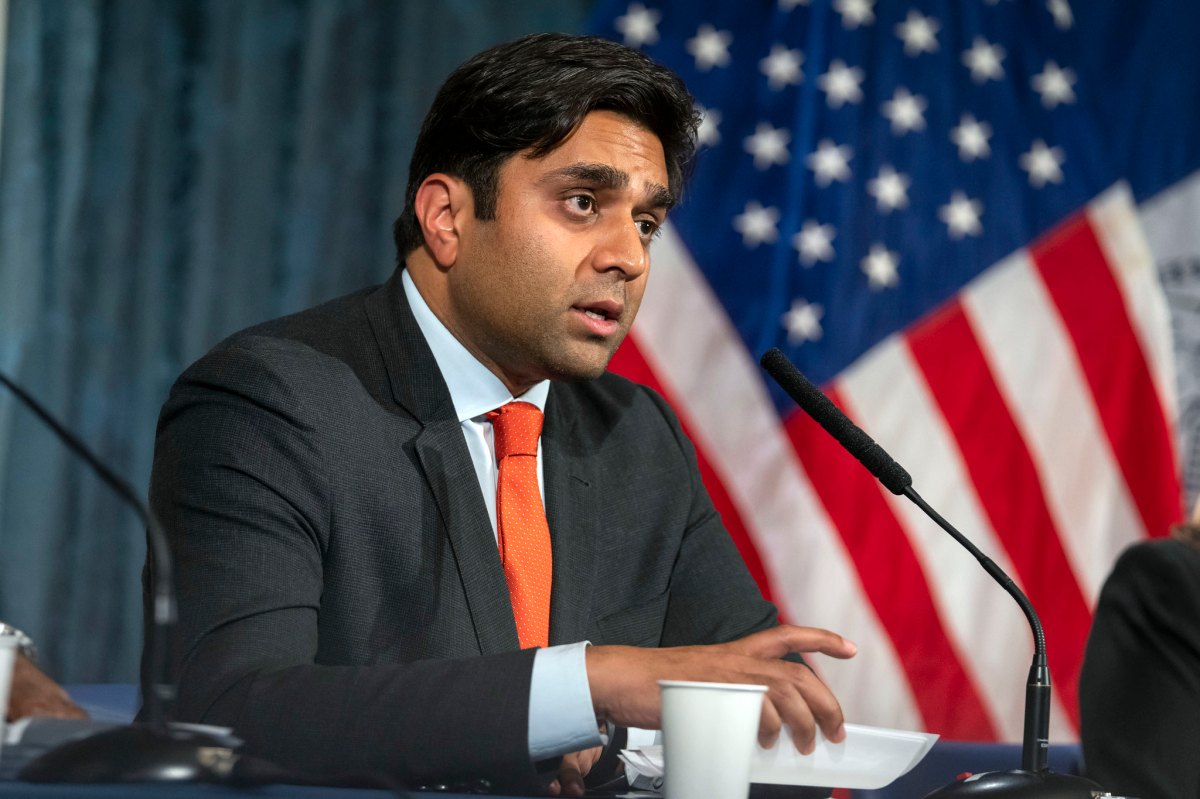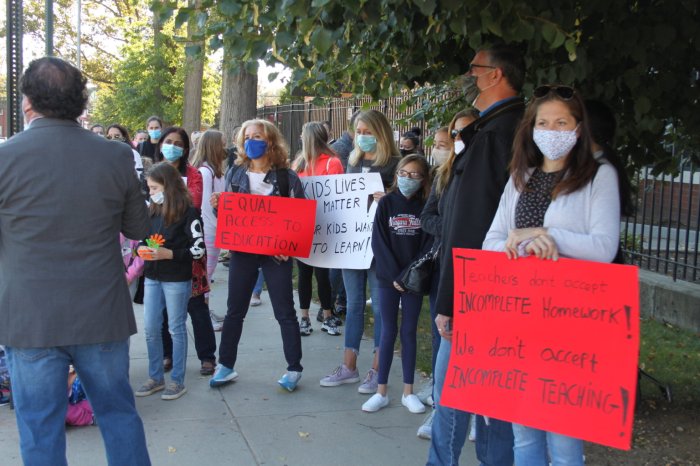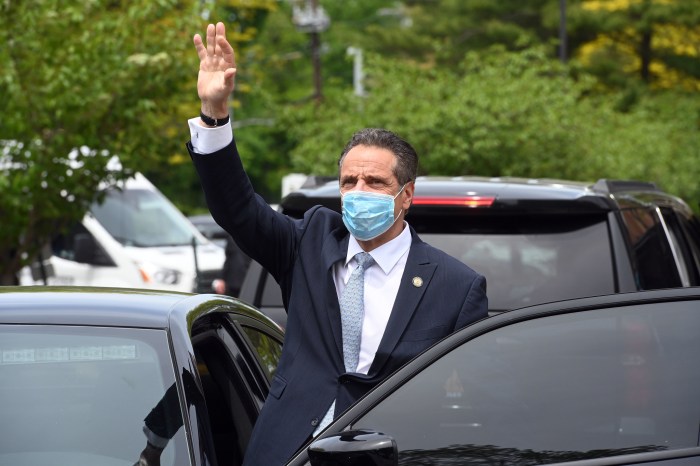By Herbert Lash, Reuters
U.S. stocks tumbled on Wednesday, with the Dow closing at lows last seen in late July, as coronavirus cases soared globally and investors also worried about the possibility of a contested U.S. presidential election next week.
The spiraling pandemic and Washington’s failure to reach a deal on new fiscal stimulus before the Nov. 3 election drove all three stock indexes to close almost 3% lower.
Twelve U.S. states set records for hospitalized COVID-19 patients on Tuesday, while Germany and France announced plans to shut large swathes of public life for a month as the pandemic surged across Europe.
“Obviously the virus is out of control. It’s spiking, it’s bad,” said Eric Kuby, chief investment officer at North Star Investment Management Corp in Chicago. “The concept that … it’s going to disappear is just a faulty assumption.”
Shares of hotels, airlines and other companies sensitive to COVID-19-related turmoil sank. The S&P 1500 airlines index <.SPCOMAIR> and leisure related stocks fell, and the energy index <.SPNY> slid as oil prices tumbled on fears of a deeper drop in fuel demand. [O/R]
With just six days to the election, Wall Street’s fear gauge <.VIX> spiked to its highest level since June 15. Concerns that a winner might not be declared the night of Nov. 3 also spurred the wide sell-off.
Democratic challenger Joe Biden leads President Donald Trump nationally by 10 percentage points, according to Reuters/Ipsos polling, but the competition is tighter in swing states, which will decide the victor.
Investors are worried about various potential outcomes: that the election may be contested; a “blue wave” gives Biden a victory and his Democrats control of Congress; or that Trump gets re-elected, said Chris Zaccarelli, chief investment officer at Independent Advisor Alliance in Charlotte, North Carolina.
“As people run through the likely scenarios of what could happen with the election, there’s no short-term good answer,” he said.
Losses were broad-based with technology stocks <.SPLRCT> weighing the most.
The Big Tech companies – Apple <AAPL.O>, Alphabet <GOOGL.O>, Amazon <AMZN.O> and Facebook <FB.O> – which are due to report results on Thursday, all fell about 3% or more, weighing the most on the S&P 500.
Unofficially, the Dow Jones Industrial Average <.DJI> fell 939.13 points, or 3.42%, to 26,524.06, the S&P 500 <.SPX> lost 119.26 points, or 3.52%, to 3,271.42 and the Nasdaq Composite <.IXIC> dropped 426.48 points, or 3.73%, to 11,004.87.
Of the 206 S&P 500 companies that have reported third-quarter earnings so far, about 83% have topped expectations, according to Refinitiv data. But earnings on average are expected to fall 14.8% from a year earlier.
Microsoft Corp’s <MSFT.O> quarterly results surpassed analysts targets, benefiting from a pandemic-driven shift to working from home and online learning. Its shares, however, fell about 4% after rising nearly 35% so far this year.
General Electric Co <GE.N> was one bright spot, jumping 8% after posting a surprise quarterly profit and a positive cash flow on the back of cost cuts and improvements in its power and renewable energy businesses. GE was the largest percentage gainer on the S&P 500.





































